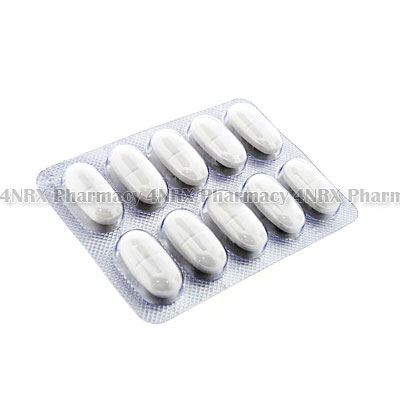 |
Home  HIV Treatments HIV Treatments  Nevimune (Nevirapine) Nevimune (Nevirapine) |
|
|||||||||
|
Nevimune (Nevirapine)
What is Nevimune (Nevirapine) used for? Nevimune (Nevirapine) is a type of antiviral drug which is given to patients to prevent HIV virus cells from multiplying in the body. This drug is sometimes used on its own and sometimes used in combination with other drugs. It belongs to a class of medications known as non-nucleoside reverse transcriptase inhibitors, or (NNRTIs). Patients should be aware that this drug will not cure or prevent HIV infection. How should I use Nevimune (Nevirapine)? Nevimune (Nevirapine) tablets are sometimes taken once per day for 2 weeks. After the first two weeks, adult patients are normally told to take this drug twice per day. You should not stop taking this drug or any other HIV/AIDS drugs without first talking to your physician. Your physician may tell you to stop taking the medications in a certain order. Patients are advised to take every dose, as missing doses or stopping treatment can make the condition more difficult to treat. If you have not taken this drug for 7 days or longer, you should consult your physician, and you will probably be told to start out on a low dose which may then be gradually decreased. What are the side effects of Nevimune (Nevirapine)? Nevimune (Nevirapine) may cause fatigue or diarrhea. However in rare cases, this drug may cause severe liver problems. Consult your physician immediately if you notice nausea, appetite loss, vomiting, skin discoloration or dark urine. Please Note Some patients are at a higher risk of developing serious side effects than others. You must discuss the risk of all serious side effects with your physician before you take this medication. Strictly follow all instructions provided to you by your physician or pharmacist while using Nevimune (Nevirapine). Optimum and safe dosage can differ based on the patient and the condition being treated. As this medication may be unsafe for certain patients, it is essential you always inform your physician if you are pregnant or breastfeeding, as well as if you have any allergies, other illnesses, or ongoing health conditions, and if you are taking any other form of medication, supplements, or herbal products. Immediately seek emergency medical care if you have any allergic or hypersensitive reaction. Common signs of a reaction include hives, swelling, skin rashes, chest pains, as well as trouble breathing or swallowing. 


|
|||||||||||||||||